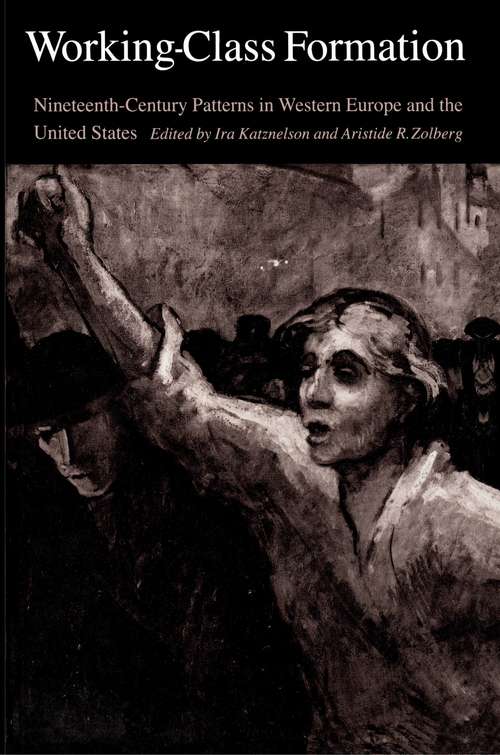Working-Class Formation: Ninteenth-Century Patterns in Western Europe and the United States
By:
Sign Up Now!
Already a Member? Log In
You must be logged into Bookshare to access this title.
Learn about membership options,
or view our freely available titles.
- Synopsis
- Applying an original theoretical framework, an international group of historians and social scientists here explores how class, rather than other social bonds, became central to the ideologies, dispositions, and actions of working people, and how this process was translated into diverse institutional legacies and political outcomes. Focusing principally on France. Germany, and the United States, the contributors examine the historically contingent connections between class, as objectively structured and experienced, and collective perceptions and responses as they develop in work, community, and politics. Following Ira Katznelson's introduction of the analytical concepts, William H. Sewell, Jr., Michelle Perrot, and Alain Cottereau discuss France; Amy Bridges and Martin Shefter, the United States; and Jargen Kocka and Mary Nolan, Germany. The conclusion by Aristide R. Zolberg comments on working-class formation up to World War I, including developments in Great Britain, and challenges conventional wisdom about class and politics in the industrializing West.
- Copyright:
- 1987
Book Details
- Book Quality:
- Publisher Quality
- Book Size:
- 482 Pages
- ISBN-13:
- 9780691228228
- Related ISBNs:
- 9780691102078, 9780691054858
- Publisher:
- Princeton University Press
- Date of Addition:
- 04/13/21
- Copyrighted By:
- Princeton University Press
- Adult content:
- No
- Language:
- English
- Has Image Descriptions:
- No
- Categories:
- History, Nonfiction, Philosophy, Politics and Government
- Submitted By:
- Bookshare Staff
- Usage Restrictions:
- This is a copyrighted book.
- Edited by:
- Ira Katznelson
- Edited by:
- Aristide R. Zolberg
Reviews
Other Books
- by Ira Katznelson & Aristide R. Zolberg
- in History
- in Nonfiction
- in Philosophy
- in Politics and Government
